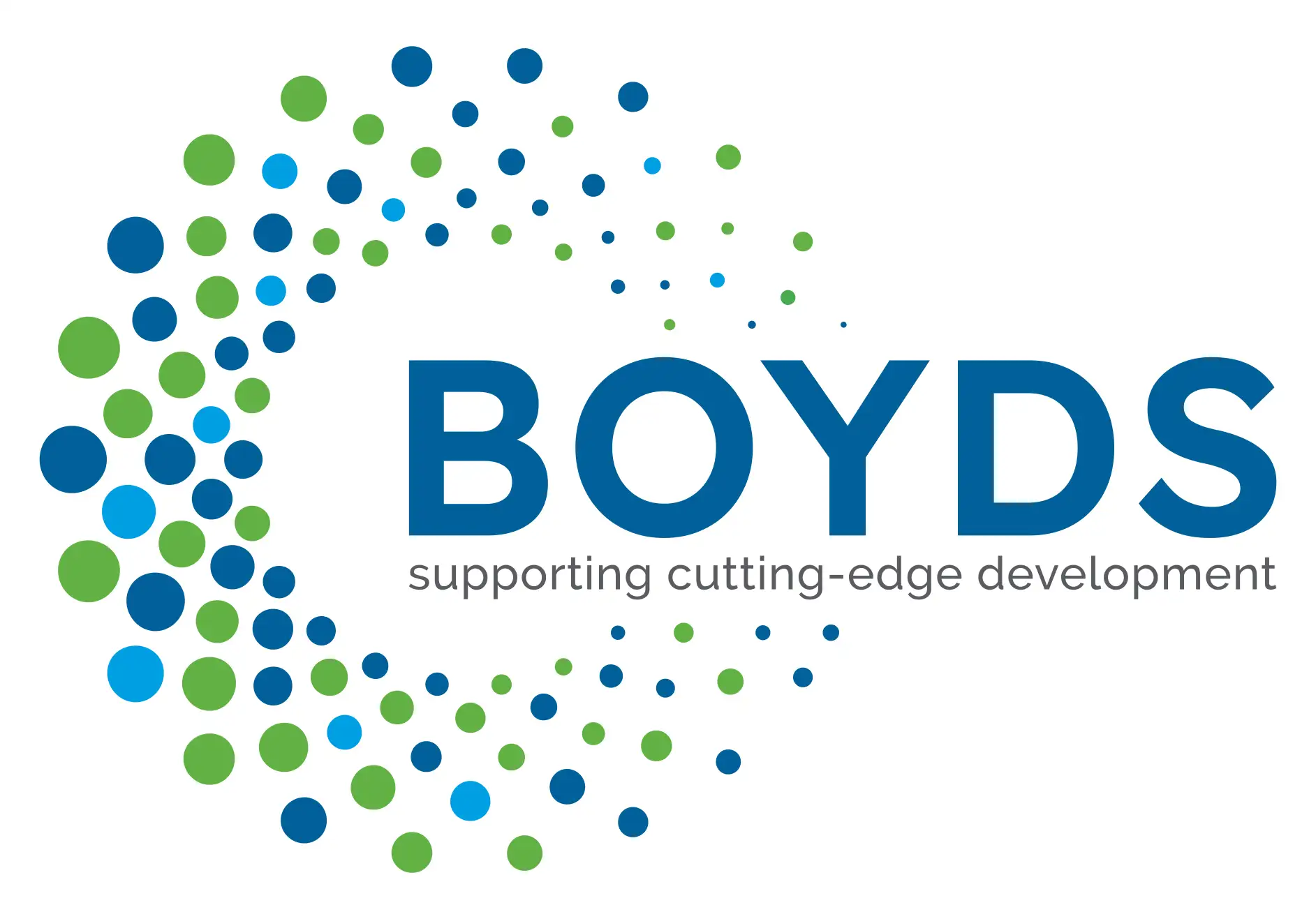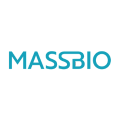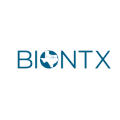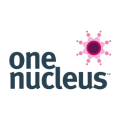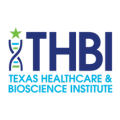Navigating the complexities of rare disease drug development
29 February 2024 marks Rare Disease Day – an annual event that aims to raise awareness and generate change for the 300 million people worldwide living with a rare disease, their families, and carers.
In this article, Dr Eric Hardter, Associate Director of Regulatory Affairs at Boyds, discusses the investigational phase of the rare disease drug development process with a focus on US regulatory requirements.
Though a proportionally small percentage of the population is affected by rare diseases, many groups and organisations have joined the search to find cures for these conditions.
Whilst ‘traditional’ drug development typically follows a gradual approach culminating in large, phase 3 clinical trials, the playbook may change with rare diseases. With fewer participants available for trials, and trials often utilising single-administration investigational products (e.g., cell and gene therapies), the process can be accelerated out of necessity, focusing on preliminary efficacy in addition to safety and tolerability. This departure from the norm demands innovative thinking and is best bolstered by seeking regulator concurrence.

Fortunately, the FDA recognises the unique challenges in rare disease drug development and offers incentives such as marketing exclusivity and potential fee waivers. These incentives are vital for encouraging research and development in a field where the patient population is limited, and the development pipeline potentially less profitable. Perhaps more importantly, the FDA will partner with drug developers at an early stage to increase the likelihood of regulatory success.
Overcoming clinical trial hurdles
Randomised controlled trials, the gold standard in most drug development scenarios, are often not feasible in the rare disease context. Alternative methods exist, such as pivotal open-label trials or the use of natural history studies to provide comparator data. Ultimately, it is key that clinical trial designs for rare diseases respect the vulnerability of participants, which may influence the first-in-human population and potential controlling mechanisms/comparators.
To emphasise this point, paediatric rare disease drug development is fraught with ethical dilemmas, with a need to balance their status as a vulnerable population against the ethical considerations of enrolling an adult population that may not derive the same potential clinical benefit solely to establish preliminary product safety. In such cases, the stringent regulatory requirements demanding a demonstration of potential benefit for the youngest patients may be limited to nonclinical proof-of-concept data.
In such scenarios, understanding the daily lives of the patients’ carers may ultimately influence future trial design. Collaboration and patient engagement are key to ensuring that the patient perspective is never side-lined.
Engaging with the FDA
When it comes to rare disease drug development, early and frequent interactions with the FDA are crucial. As these interactions will be tailored to the specific needs of each investigational programme, FDA feedback can significantly de-risk the early development process.
In recognition of the importance of such interactions, the FDA has pilot programmes and initiatives supporting clinical trials for rare disease therapeutics such as the Rare Disease Endpoint Advancement Pilot Programme (RDEA) and the Support for Clinical Trials Advancing Rare Disease Therapeutics (START) Pilot Programme. Programmes like these can enable drug developers to have additional life cycle development meetings outside the usual scope of collaborations such as pre-IND and INTERACT meetings.
Forward-thinking
Whether it’s the types of trials that the FDA will accept as pivotal or the concept of accelerated approval for gene therapies, there has been a significant shift in the landscape for rare diseases. These and other paradigms help answer the need for a pragmatic approach to navigating the nuances of rare disease drug development, which has been mirrored by other regulatory bodies, in recognition of the outsized unmet need presented by the lack of approved products for rare diseases.
The team at Boyds supports biotechs and academic groups across the globe with the development of medicines, including products for rare diseases, working with them every step of the way from programme management through to setting up and managing global clinical trials, to preparing regulatory submissions and liaising with the regulatory authorities.
